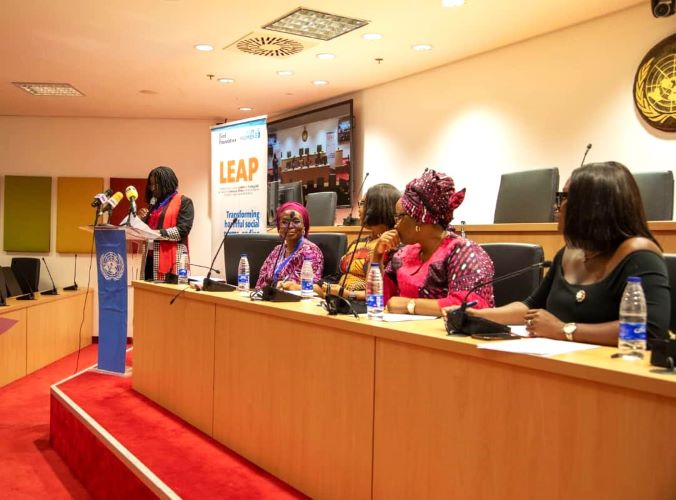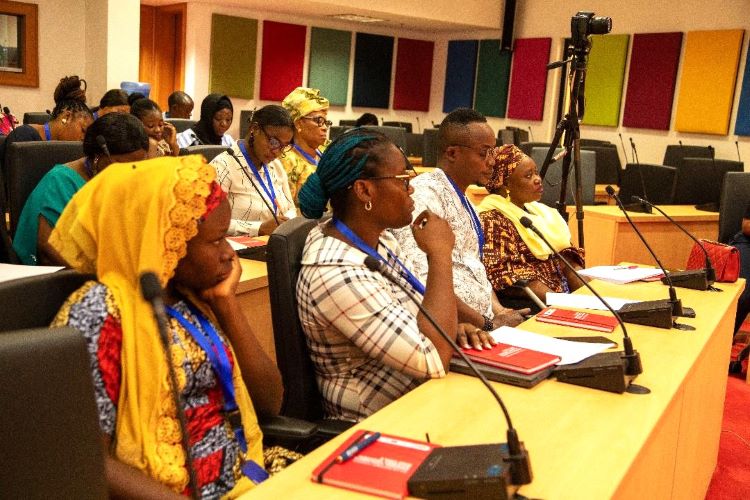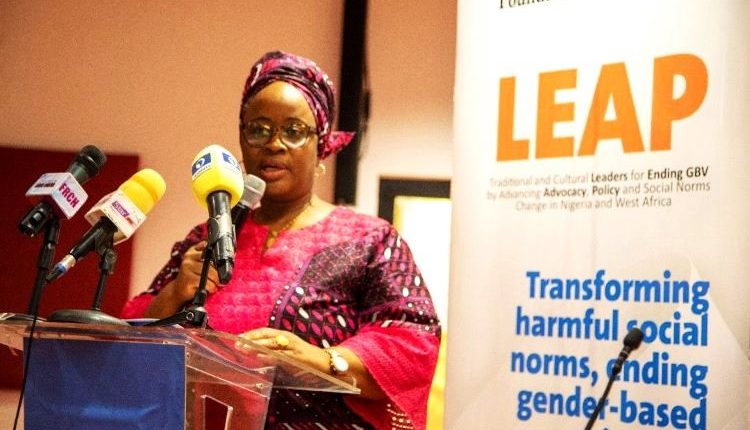The United Nations (UN) has urged stakeholders to renew their commitment to fight gender-based violence (GBV) in Nigeria.
The call to action was made during a gathering of Civil Society Organizations (CSOs) and Women’s Rights Organizations (WROs) convened by UN Women to foster stronger partnerships and raise awareness about the need for more investment to achieve gender equality and end violence against women and girls.
At the event, key figures including the Acting UN Resident Coordinator to Nigeria and the Country Director of the International Labour Organization (ILO), Ms. Vanessa Phala, emphasised the imperative of coordinated efforts to address GBV.
Ms. Phala noted that GBV not only violates human rights but also hampers development and poses a threat to peace and security.

Highlighting the severity of the issue, the UN Women Representative to Nigeria and ECOWAS, Ms. Beatrice Eyong, pointed out alarming statistics from the Mirabel Centre in Lagos. She revealed that 81 percent of reported cases of sexual assault between 2013 and 2019 targeted children, emphasising the pressing need for intensified efforts to combat GBV.
Also Read: Gender Advocates Recommend Increased Financing for Preventing Gender-Based Violence
Eyong lamented the low representation of women in Nigerian politics, stressing the detrimental impact on gender equality.
“Women’s voices continue to be marginalised with Nigeria holding the lowest figure for women’s representation in politics. Unfortunately, this situation impacts negatively on the gender profile of Nigeria,” Eyong said.
She called for increased efforts to implement existing laws and policies effectively, emphasising the importance of adequate funding and institutional support.
The Director of Women Development at the Ministry of Women Affairs, Mrs. Funke Ladipo, emphasised the crucial link between women’s economic empowerment and the prevention of GBV. She argued that empowering women economically enhances their ability to resist violence and contributes to building a more resilient society.
“The fact remains that without women’s economic empowerment, the rate of Violence against women, we will not be able to curb it effectively. The commission this year looks at the importance of economic empowerment for women. With this a lot of other issues will be achieved because a woman who is economically empowered will be confident enough and able to train her children and resist violence,” she noted.

Representing Civil Society Organizations, Senior Advocate Professor Joy Ezeilo urged for comprehensive support and inclusion of women in all spheres. Ezeilo called for capacity building and unity among women’s groups to effectively advocate for change and mobilise resources.
The convening forms part of the UN Women – Ford Foundation project, Traditional and Cultural Leaders for Ending GBV by Advancing Advocacy, Policy and Social Norms Change in Nigeria and West Africa – LEAP.
The initiative aims to engage traditional and religious leaders as catalysts for social change, addressing underlying power structures and cultural norms perpetuating violence against women and girls.

